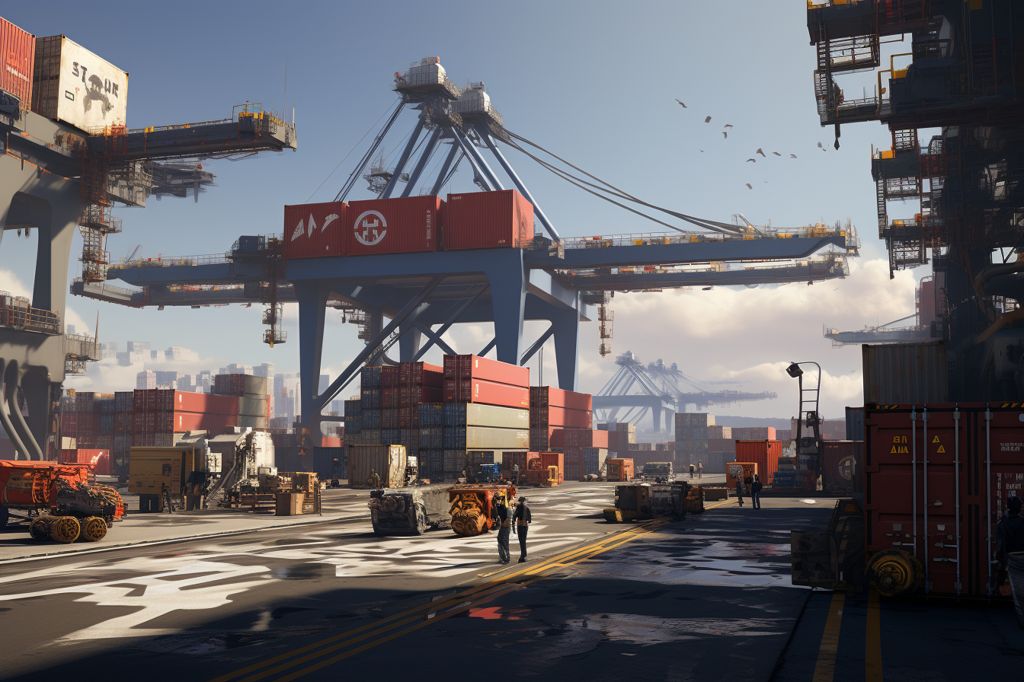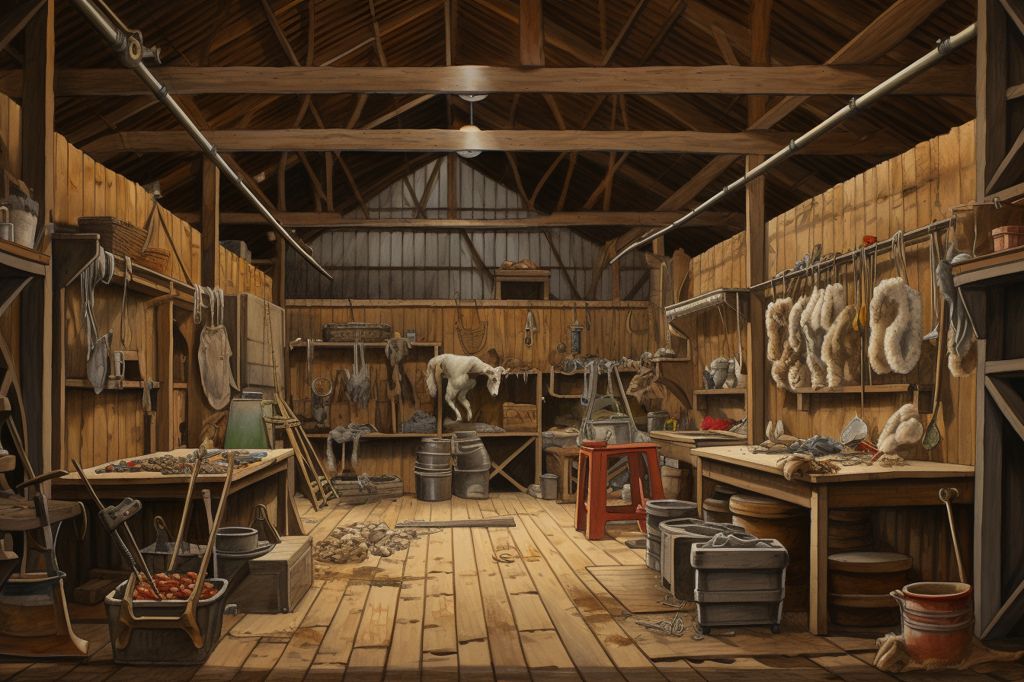According to the International Labour Organisation (ILO), work-related accidents or illnesses claim the lives of 2.3 million people annually. In response to this alarming statistic, the Department of Employment and Labour (DEL) in South Africa is taking action to reinforce the Occupational Health and Safety (OHS) Act. The purpose is to protect vulnerable workers and impose more severe penalties on non-compliant employers.
South Africa’s Commitment to ILO Conventions
South Africa is committed to several ILO Conventions, including Convention 155 relating to occupational health and safety. In 2022, the International Labour Conference established occupational health and safety as a fundamental right for workers, emphasizing the critical role of decent work in achieving safe and hazard-free workplaces.
Addressing the Iron and Steel Sector
Deputy Minister of Employment and Labour, Boitumelo Moloi, recently spoke at the 2023 National OHS Conference, focusing on injury and disease prevention in the iron and steel sector. Moloi highlighted the significant costs incurred by employers, employees, and economies due to occupational diseases and accidents. Experts estimate these costs to be around 4 percent of the global gross domestic product. Thus, it is crucial for countries like South Africa to adhere to decent work principles as prescribed by the ILO.
Moloi announced that the incorporation of public comments into the OHS Amendment Bill is nearing completion, indicating significant progress in the Act reform process. The updated OHS Act will lay out the minimum requirements for a viable health and safety system while also imposing harsher penalties on non-compliant workplaces.
Stakeholder Collaboration for Vision Zero Accidents
The Deputy Minister emphasized the importance of stakeholder dialogue and collaboration in achieving vision zero accidents. She noted that every worker deserves a safe and healthy working environment and should be able to return home unharmed after each workday.
High-Risk Iron and Steel Sector
The iron and steel sector is considered a high-risk field in South Africa, responsible for 22 percent of workplace injuries in the previous financial year. While incident numbers have declined recently, the overall trend remains consistent. Consequently, the DEL has conducted blitz inspections prior to the conference as part of their intervention efforts to raise awareness and improve compliance.
Regulations and Collaborations for Safer Working Environment
Moloi mentioned her department’s collaboration with the Department of Home Affairs and the South African Police Service to address the issue of companies hiring undocumented foreign workers. Arrests have been made in the Meyerton area. Furthermore, the DEL has introduced several regulations, such as Ergonomic Regulations, Commercial Diving Regulations, Hazardous Chemical Substances Regulations, Asbestos Abatement Regulations, and Major Hazardous Installations Regulations, to promote a safer working environment.
As the conference concludes, various stakeholders must continue to work diligently in reducing incidents within the iron and steel sector and other high-risk industries. The ongoing efforts of the DEL, in partnership with other departments and organizations, serve as an essential driving force to ensure the safety and well-being of workers across South Africa.








